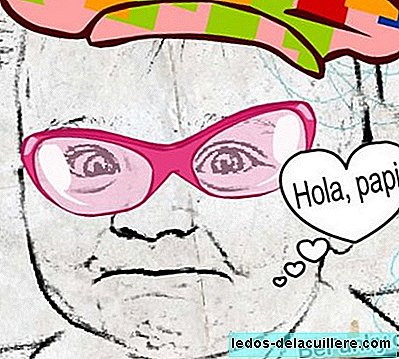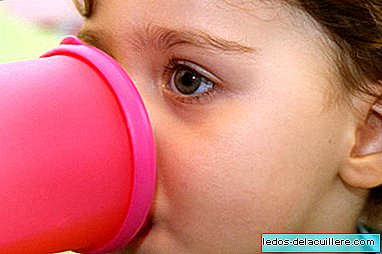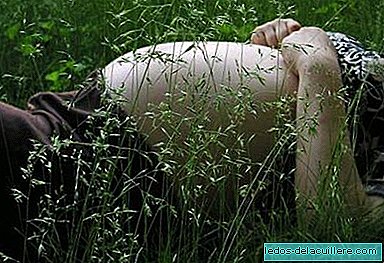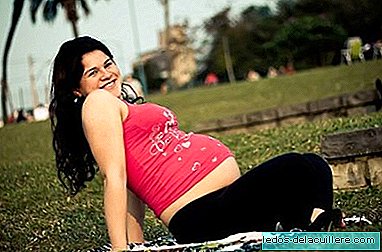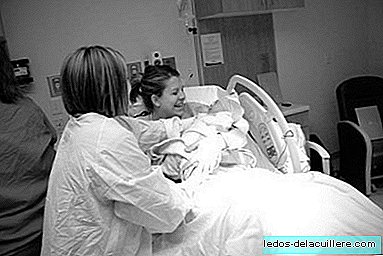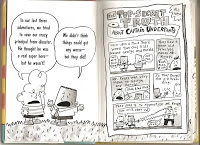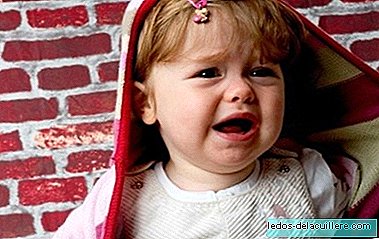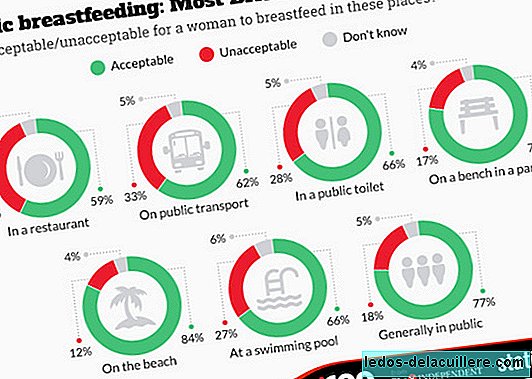Parents who have the clear idea of raising their children outside of society, children who grow up with unique experiences but who miss more common ones and grandparents who disagree with all of this and who demand normalcy and coexistence with their grandchildren. This is what "Captain Fantastic" counts.
This film has taken to the cinema and to the extreme this idea of educating children outside of society. A complicated dilemma arises Is it good to educate our children differently from the rest of the children in the world? Even if we think it is the best way to do it?
"Captain Fantastic" tells the story of Ben and his family, his six children and his wife. They have lived together for 10 years in remote forests, they have learned to read, write and, above all, to think for themselves.
They can survive in complicated environments, have the ability to solve difficult situations, speak several languages and live in harmony with the environment, respecting nature.
Due to tragic circumstances they have to return to civilization, they have to adapt to society and a family concept that they don't know, they have to socialize with equals something they have never done before, They do not know how to create and maintain human relationships with children other than their own siblings.
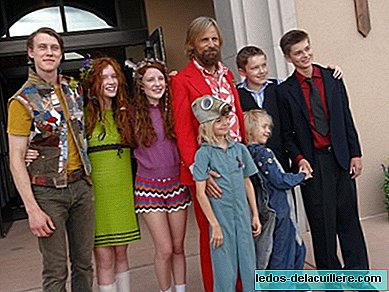
Ben, whom actor Viggo Mortensen interprets, has educated his children in the way he has considered best for them, for their childhood and for their future. He has respected each of his children because he fled intolerance without thinking that he has excluded them from society without asking permission.
With his way of educating them, he has made his children have their own ideas and enough capacity and confidence to express and defend them, he has tried to facilitate their children to be happy both in their childhood and during their adolescence but has isolated them from the world and from the rest of his family, the world was them, parents and children, no one else, no grandparents, no uncles, no cousins and that is also part of the education of any child.
Teach or learn

The cinema shows us many times the stories of great teachers who care to teach but also to learn from their students, of its surroundings, of the circumstances. Humble teachers who really are part of the student's life and do not just educate, instruct, or indoctrinate.
From a magnificent Fernando Fernán Gómez in "The Language of the butterflies" to more than recognizable Robin Williams in "Dead poets society". There are teachers that we all would have liked to have in our class or in our children's class.
But there are also other ways to learn and educate. Methods that are based more on projects and on which families can have a more active participation. A school in which individual rhythms and the emotional component are more respected
"Running through the waves" is the title of a documentary that will be released early next year, a documentary that Diego and Diana have recorded while traveling with their daughter Jara and knew different ways of educating and teaching children. "Running through the waves" is also a verse from a poem by Rafael Alberti that was not exactly a great student during his school stage.
They recognize in this documentary that they have seen that the conventional school can adapt to the needs of children and society, can be updated.
Want to learn

In Spain, the number of families that consider their children's happiness is a priority in their educational stage is gradually increasing and the methodology of the conventional school does not inspire confidence.
For these parents, learning in conventional school does not focus everything they would want on the child's curiosity in their desire to "want to learn" So they look for options such as homeschooling, forest schools or so-called democratic schools.
The curiosity and creativity of children cannot be left out of the classroom
It is very minority in our country but in other countries, this type of education is much more integrated, has been running for decades and children learn and integrate fully into society without presenting any problems.
We are talking about the education of our children and their childhood, one of the shortest stages of their lives and the one that will most influence them when they become adults, so it might be a good idea to find a time to see "Captain Fantastic "to know how this family is and how to understand the education of their children to also reflect on ours.
Photos | imdb.com
In Babies and more | "We are destroying their childhood", we talked with the FAPA about the call for the next duty strike | Alternative to nursery school and its conventionalism: mothers by day and personalized attention | "Except for exceptions, schools are not prepared for any child, whether or not they have a functional diversity," interviews Carme Fernández, director of the Gérard Foundation


